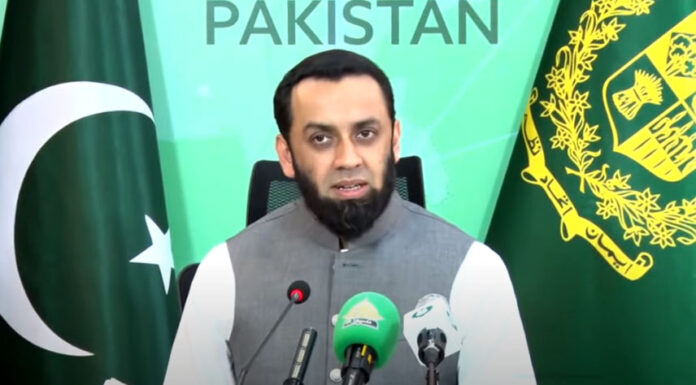
Taliban’s Repatriation Policy Was Misconceived: Ata Tarar 2024
In recent comments, Pakistan’s Special Assistant to the Prime Minister (SAPM) Ata Tarar criticized the Taliban’s repatriation policy, labeling it as “misconceived” and poorly executed. Speaking at a press conference on September 25, 2024, Tarar emphasized that the policy has not only disrupted regional stability but also complicated Pakistan’s efforts to manage Afghan refugees and maintain its border security.
The Problem with the Taliban’s Repatriation Policy
According to Ata Tarar, the Taliban’s policy has failed to address the complexities of forced migration. Thousands of Afghan refugees continue to cross into Pakistan, seeking safety and shelter, but inadequate arrangements by Afghan authorities have resulted in an influx of undocumented individuals. This has increased pressure on Pakistan’s resources, especially in border provinces like Khyber Pakhtunkhwa and Balochistan.
Impact on Regional Security
The influx has heightened security concerns, with intelligence reports suggesting that some elements might exploit the repatriation process for nefarious purposes. Ata Tarar warned that Pakistan could face an increased risk of cross-border terrorism if the policy isn’t re-evaluated. Security agencies have already noted a rise in criminal activities and extremist propaganda in refugee settlements.
Need for International Cooperation
Ata Tarar called for more substantial involvement from the international community, particularly the United Nations, to address the humanitarian aspects of repatriation. He emphasized that Pakistan has long carried the burden of hosting millions of Afghan refugees and that a coordinated effort is needed to ensure their safe and dignified return to Afghanistan.







